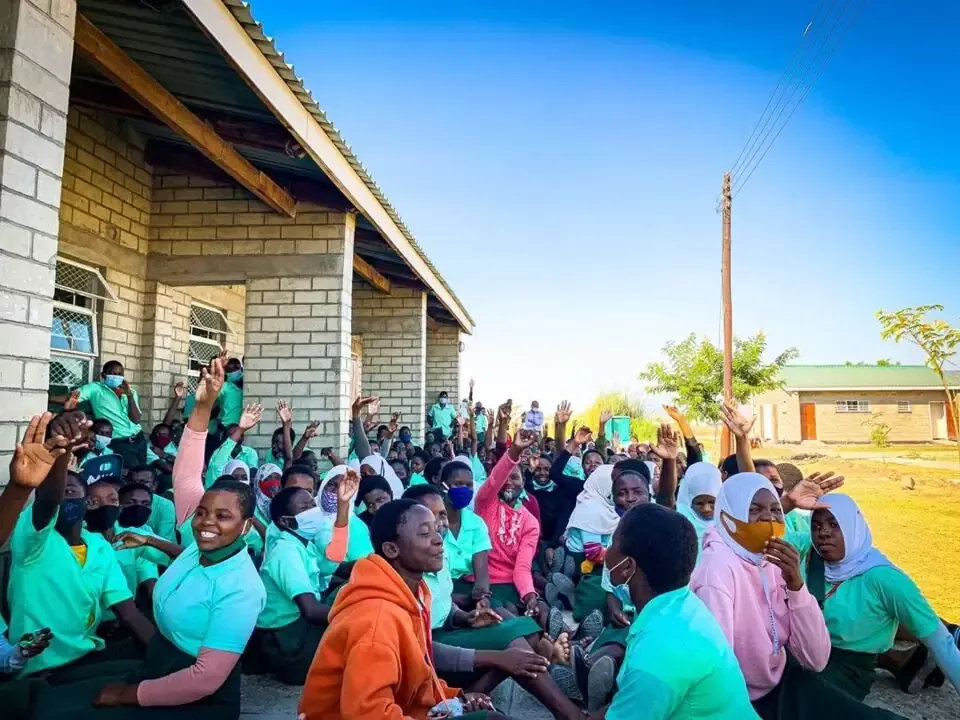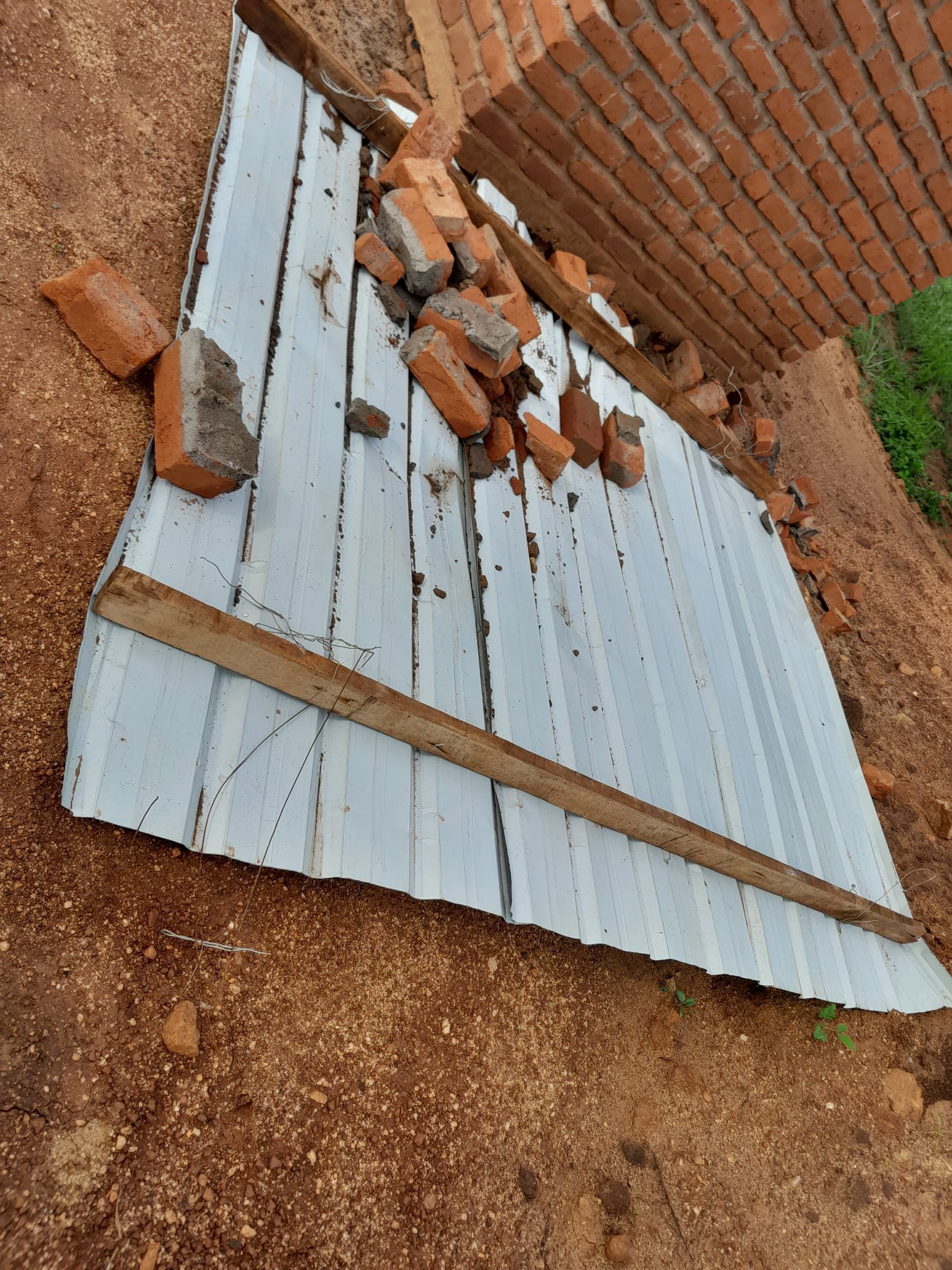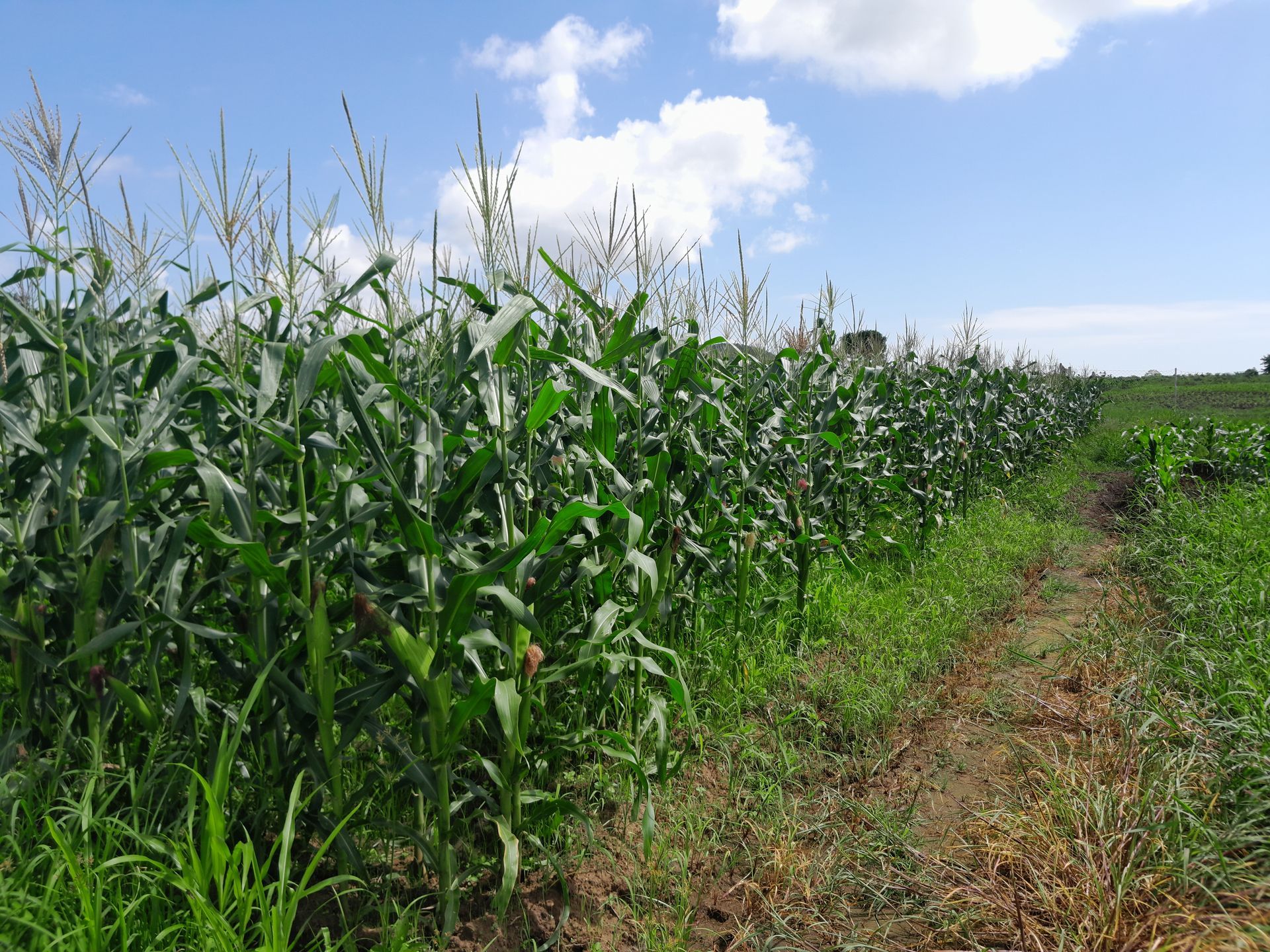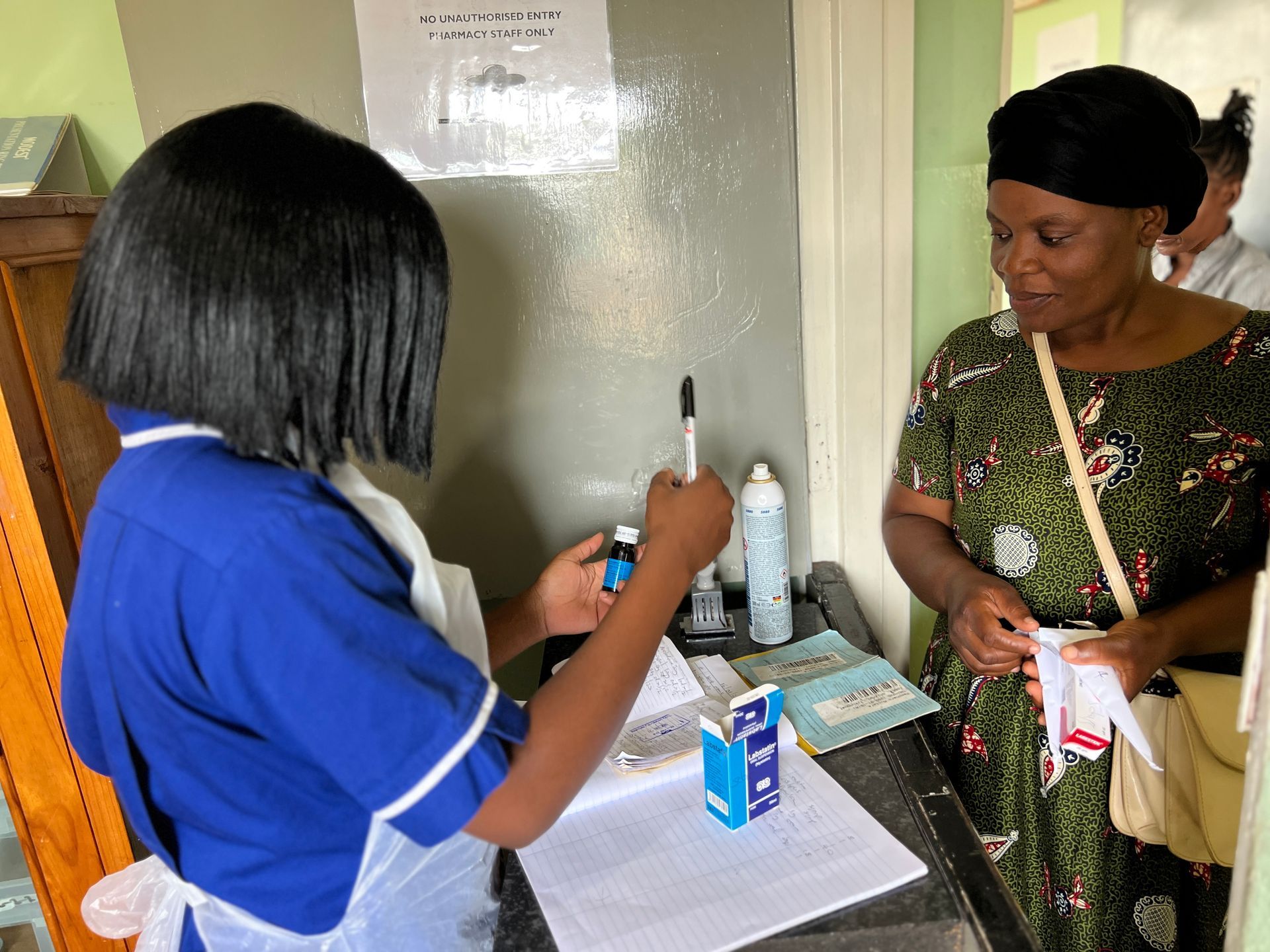Education for All: Books donated to four schools in Zomba
This week our team have been busy donating books to students in and around the Zomba area.

Four schools were a part of the scheme, including Machinga Secondary School, Chikamveka Primary School, Nangopuma Primary School and One Heart Community Day Secondary School. In total 1,222 books were donated to students across the schools, helping to make a big difference in their education. The books were originally donated to The Sparkle Foundation by Felsted School, where Sparkle CEO Sarah Brook was a student previously.
Our Country Director Mwayi spoke to the editor of the Nthanda Times about the importance of education for all, stating that:
“We cannot talk about quality education without adequate resources. When we discovered that there are many schools in [the] South East Education Division that require books, we thought it wise to come and make the donation because we want to complement the efforts of the government to ensure that students have access to quality education through available resources like these books”.
According to the UNICEF Report on Education in Malawi in 2019, “about three students in standard 5 and 6 share one textbook in English, Mathematics and Chichewa”. In addition to this, they noted one of the biggest reasons children drop out of school is a lack of funds for textbooks and school fees. This is truly not good enough and does not class as good quality education. We aim to change these statistics by acquiring and donating more resources to schools and children in the communities that we serve.
It is with donations like these that we are able to make such changes in the community.
If you have educational or general books that you would like to donate to The Sparkle Foundation, please contact us for more information.

GET INVOLVED
ABOUT
JOIN OUR MONTHLY NEWSLETTER
Contact Us
We will get back to you as soon as possible.
Please try again later.



